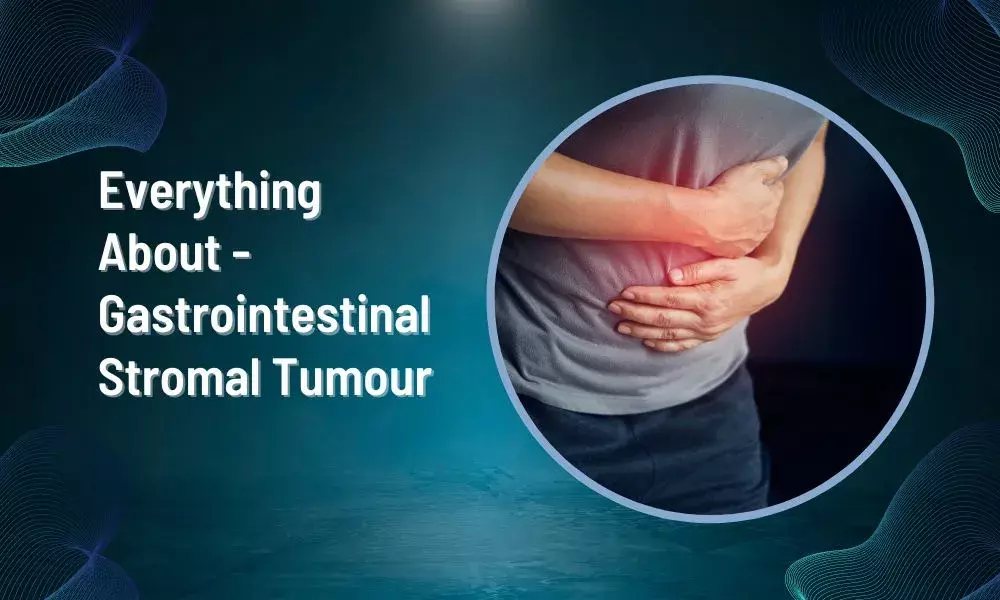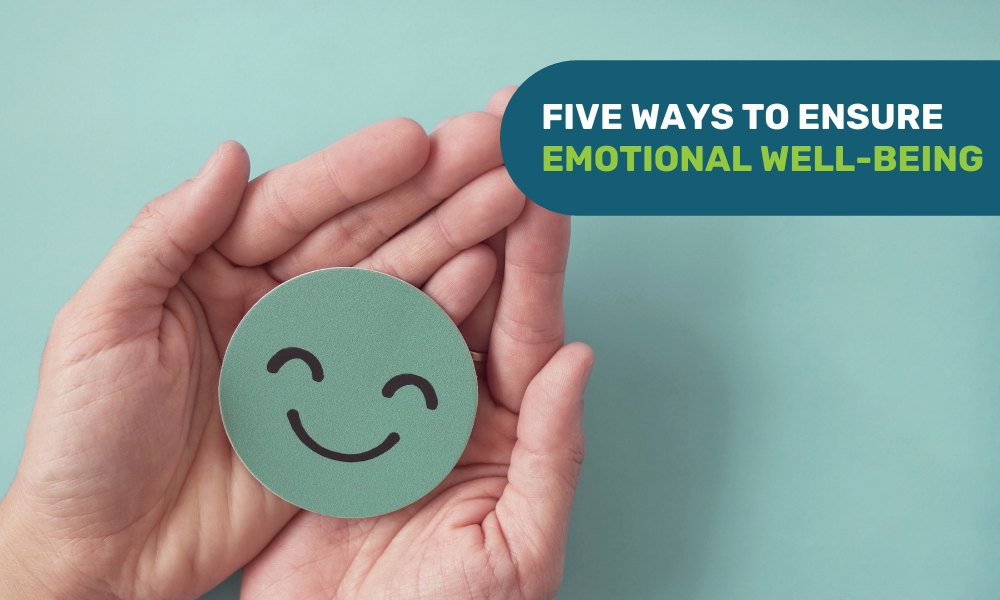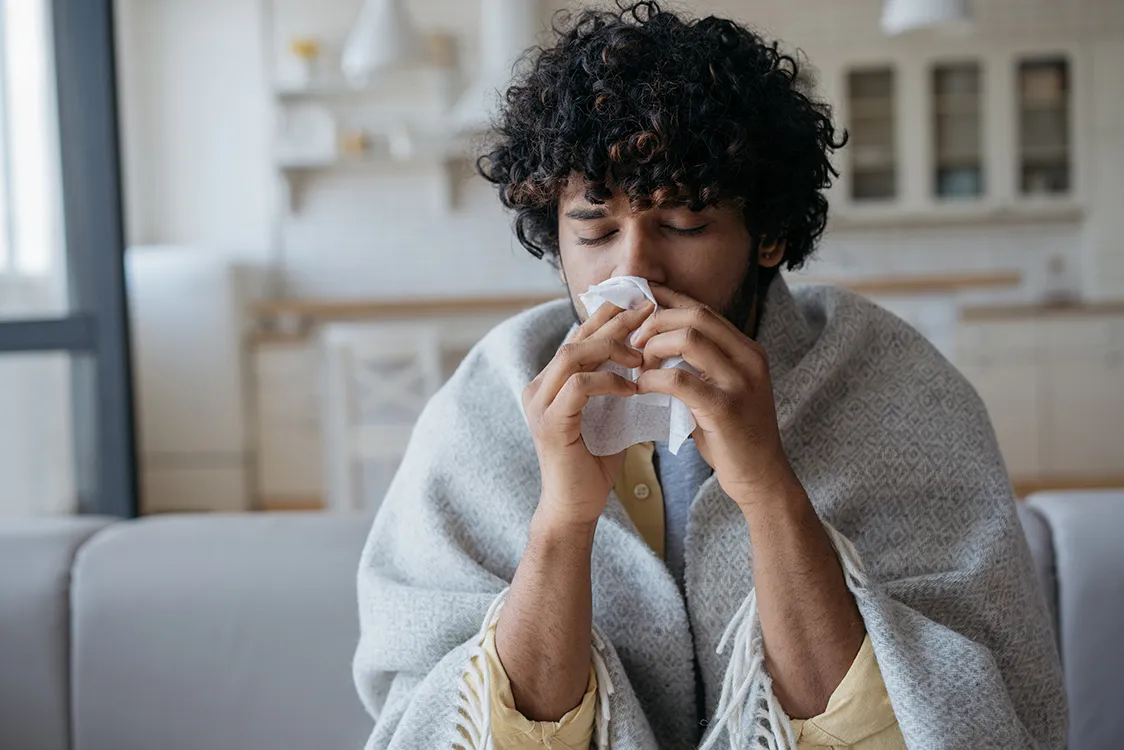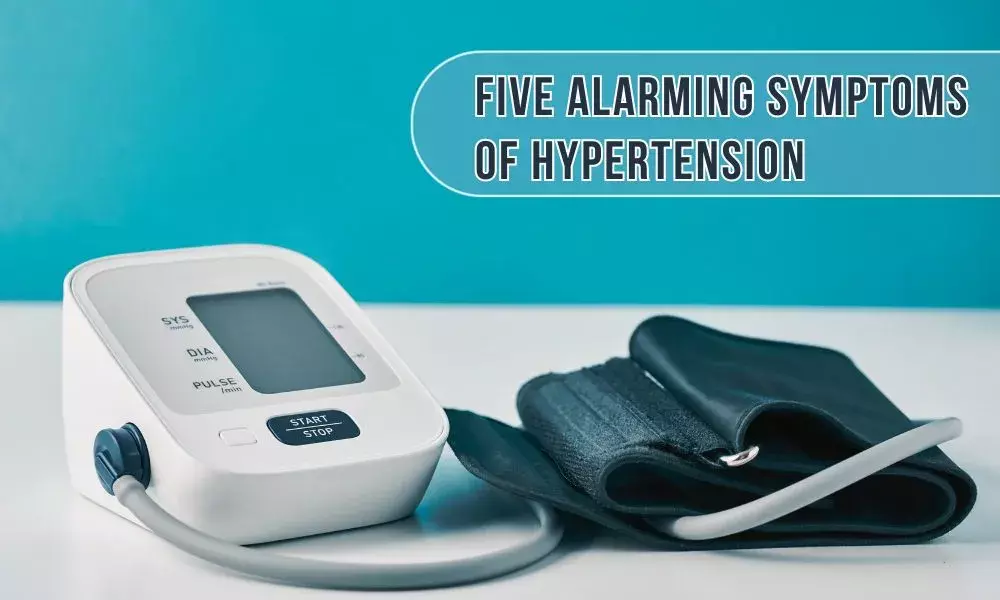Gastrointestinal Stromal Tumour (GIST) is a rare kind of tumour that affects our digestive system, and in many cases, it is cancerous and life-threatening.
Table of Content:
-
What is GIST?
-
How does GIST affect health?
-
Signs and symptoms of GIST
-
Diagnosis and Treatment of GIST
-
Staying healthy during the treatment
-
Preventing GIST
What is GIST?
It refers to a cancer type that originates in the digestive system. It starts when the cell lining in our digestive tract grows in an uncontrolled manner and forms a tumour. This tumour can be cancerous. Not all patients with GIST experience a drastic change in their health. In many cases, the development of the disease is silent.
How does GIST affect health?
As GIST originates in the digestive system, it adversely affects the digestive tract, the esophagus (food pipe), and the anus. As the tumour grows, it may be painful and may cause bleeding.
Signs and symptoms of GIST
It is not necessary that all patients of GIST may have similar symptoms. There are no symptoms in certain cases until the tumour has grown substantially. A few common symptoms of GIST may include:
-
Vague abdominal (stomach) pain or discomfort.
-
An early sensation of abdominal fullness without eating full.
-
Malaise, fatigue, or exertional dyspnea with significant blood loss.
-
Blood in Vomit.
-
Decreased Appetite.
-
Difficulty swallowing.
Diagnosis and Treatment of GIST
Your doctor will first obtain a medical history, physical exam and blood test. If GIST is suspected, your doctor will order imaging or endoscopy to determine if it is cancer or another condition.
● Upper endoscopy: This test may be ordered to locate the tumour and/or obtain a piece of the tumour (biopsy).
● Computed tomography (CT): A scan of the abdomen and pelvis may also be obtained. CT will also help to decide if the tumour can be removed.
● Positron emission tomography (PET): A scan may also be performed to ensure your tumour is truly localized (in one place) and can be removed.
● Biopsy: This procedure involves using a needle or surgical procedure to remove a part of the tumour.
The type of treatment in GIST largely depends on the size, stage, and location of the tumour. Treatment options for GIST include surgery and targeted drug therapy. Radiotherapy or chemotherapy is used less often in this cancer type.
Staying healthy during the treatment
Patients must ensure below things post the treatment for faster recovery:
-
Alcohol consumption must be restricted as it increases the risk of recurrence.
-
Smoking and tobacco consumption can increase the chances of tumour development in the same or a new location.
-
Maintaining a healthy weight: Eating well post-treatment is crucial. A healthy and balanced diet is important for a patient’s overall wellness and fast recovery. This includes eating many fruits, vegetables, whole grains, and protein. Patients may consult a nutritionist to get a customized diet designed per their requirements.
-
Exercising and staying physically active: Staying active post-treatment can be challenging. However, it is advised that post-treatment patients must try to stay physically active by doing some sort of physical activity. They may start small and gradually build stamina. This can lower the risk of recurrence and aid in fast recovery.
In addition to limiting the risk of second cancer, exercise can also benefit the patient in below ways:
-
It may reduce fatigue, nausea, and pain.
-
Stress management and reducing anxiety and depression.
-
Improves mood and boosts self-esteem.
Preventing GIST
The risk for certain cancer types can be lowered by adopting healthy lifestyle changes (such as cutting back on alcohol, quitting smoking, or maintaining a healthy weight). However, no known lifestyle factors contribute to the risk of GIST. Therefore, it is suggested to consult a doctor immediately in case an individual experiences any abnormality in digestion.
Further, Battling Cancer can become easy when a cancer patient has someone to talk and to share. We invite cancer patients, survivors, and their relatives to join our vibrant Onco Conqueror – Cancer Care Community on Facebook. Let us join and make this journey great for each other.





